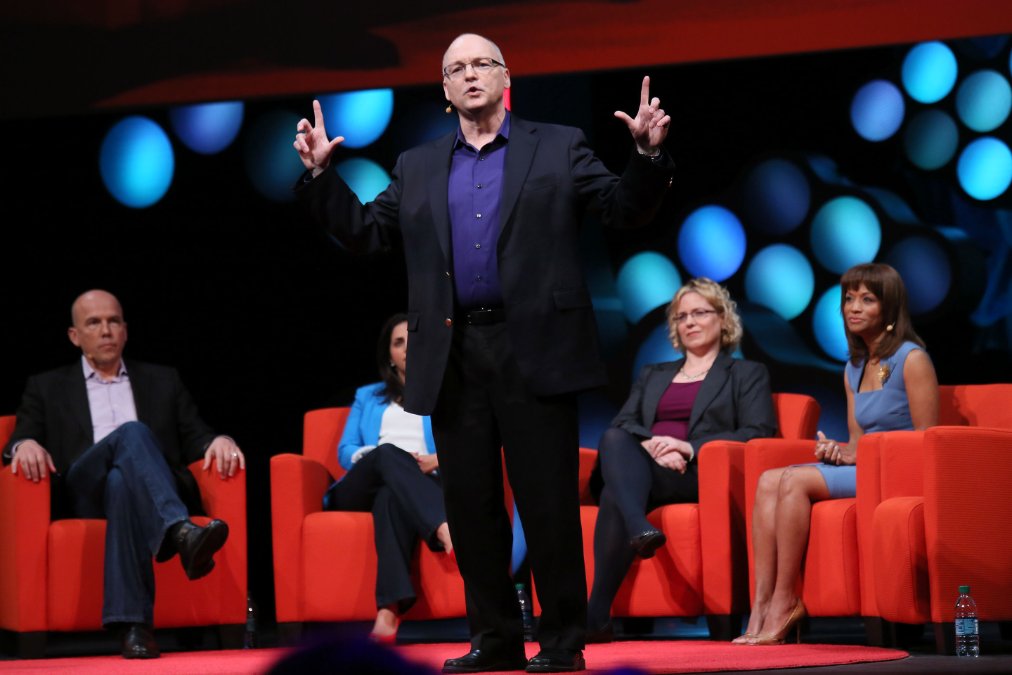
“I don’t care if it’s a white cat or a black cat. It’s a good cat so long as it catches mice.” (Deng Xiaoping)
While the Spanish conquered the native peoples of the Americas with the cruelty of musket and chains and the disjunctive English starved through the winters at Jamestown, the French enjoyed relative prosperity in the North largely because a young mariner named Samuel de Champlain had a unique ability to deeply understand the languages and tribal customs of warring Indian nations and enrolled them in his vision of a Franco-American society. Though largely known today for “discovering” the lake that bears his name and his Quebec City settlement, Champlain was the first European of significance to unite and organize contentious Indian nations such as the Huron and Algonquin tribes into a cooperative league and fully integrate them into the citizenry of New France – Canada. Champlain is special in that his panoramic plan was realized with penetrating awareness of the environs, functional practicality and the persistence of an evangelical preacher plying his trade. Taking a higher point of view to find the common cause and how it carries forward individual aspirations is essential for bringing our forces together and to marshal them such that all prosper.
There is a dominant logic that pervades any situation. For Seventeenth Century European settlers it was largely that the native peoples were savages and meant to do them harm. Given that they intended to confiscate their ancestral lands and enslave them may have led to this obvious conclusion. Yet, some like Champlain were able to equitably transcend their own biases and limitations to observe the situation with an open mind and realize that adjoining the native peoples was a key part of the solution. He considered what each of the seemingly oppositional parties could bring to the arrangement. The indigenous tribes knew the geography, the patterns of migrating birds and fish, the best hunting grounds for game and the construction of light water craft and shelter. These would ensure that starvation was unlikely for the colonists. Europeans brought metallurgy, navigational technology, navel architecture and the ever popular advanced weaponry. These abilities would safeguard the tribes and repel their traditional enemies.
It is only in transcending dominant logic that we find truly innovative solutions to protracted challenges. They are seldom found in a singular point of view including novel ones. Growth, like its senior sister innovation, happens where opposition is united into something greater and new. Common vision and values don’t excite, super ordinate ones do. To find them we must move to the balcony of our own beliefs and look down at their limitations. Similarly, we must find the useful and the beneficial in the loyal opposition. Those with a Create mentality and commensurate skills would be wise to partner with Control types. Similarly Compete and Collaborate forces will benefit from the other. These four together are invulnerable assuming an adequate level of competency for each and the ability of some to move ambidextrously. We do not grow by developing our weaknesses, but rather by transiting through our strengths into the company of others who make up for our deficiencies with their own talents. The absence of range between these competing values leads only to convention and cult.
It is both ironic and frightening, but nevertheless true, that when constructively engaged hackers keep our information highways moving just as enemies of the State keep our airports open precisely because they think about new ways to attack them. Like Champlain these alliances are a matter of survival, a prerequisite to growth. This means that we must seek out tribal leaders who represent that which we have come to reject. Underlying differences need to be confronted and acknowledged, but not necessarily resolved. Potential opportunities for growth should be explored and a new covenant negotiated. Finally, expect conflict but use it productively in the push and pull that expands growth. Begging pardon from both Machiavelli and John Kennedy, we might say “keep your friends close and ask what your enemies can do for your country.”
- Rise above the limitations

Jeff DeGraff is the Dean of Innovation – an author, speaker, and advisor to Fortune 500 companies and mission-driven organizations worldwide. He’s the CEO and Founder of Innovatrium, Founder of Intellectual Edge Alliance, and Clinical Professor of Management and Organizations at the Ross School of Business at the University of Michigan. Jeff co-created the Competing Values Framework and developed the Innovation Code and Innovation Genome methodologies which provide organizations with practical tools to reconcile competing priorities and drive breakthrough performance. His mission is the democratization of innovation: making systematic innovation accessible to everyone, everywhere, every day.

